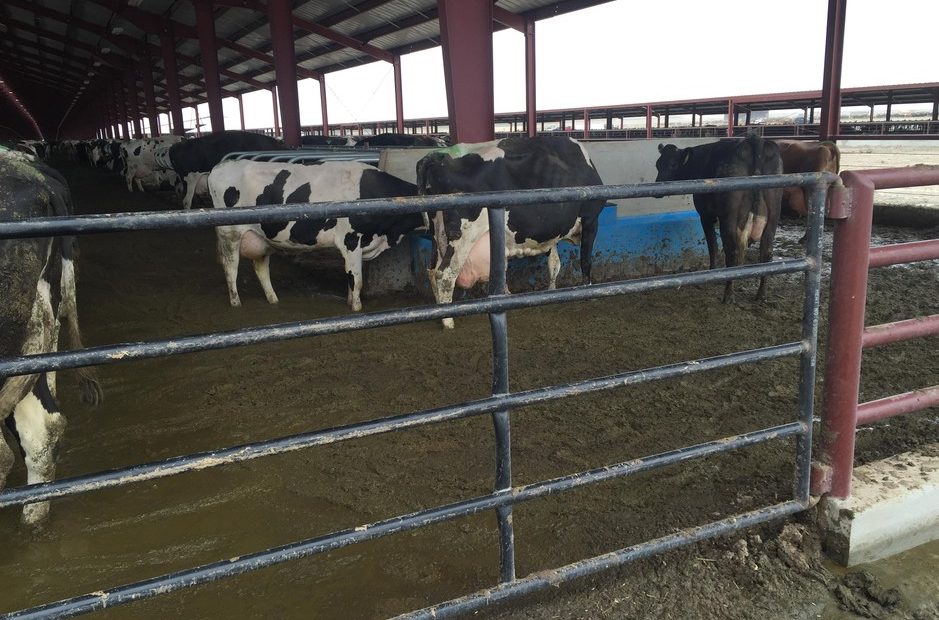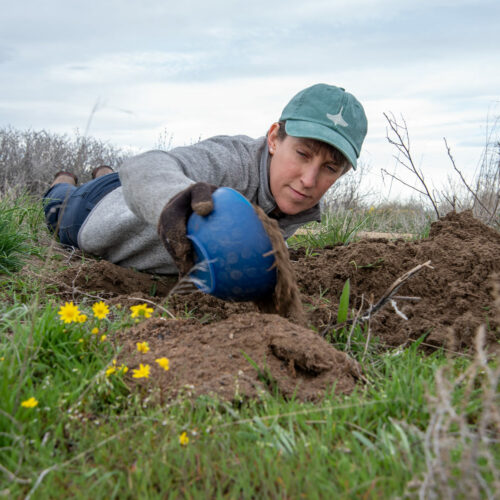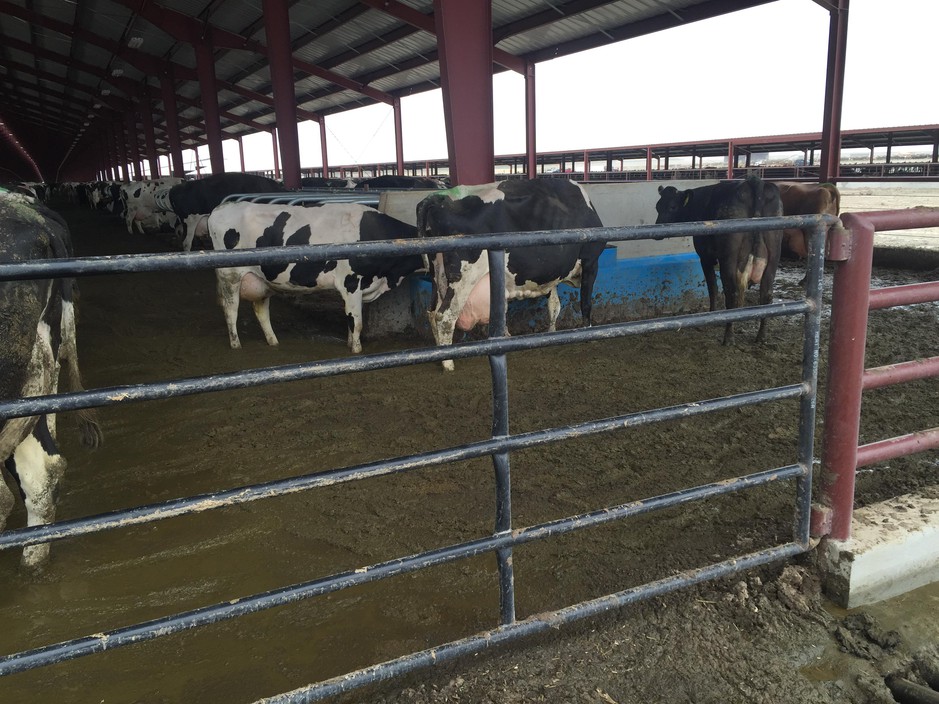
Troubled Oregon Dairy Announces Shut Down
A troubled mega-dairy in Oregon has announced its plans to shut down. After racking up multiple environmental violations, Lost Valley Farm’s owner has been fired and a trustee wants to sell the property.
Lost Valley Farm promised to be one of the largest dairies in the Northwest, proposing a 30,000-cow operation, bringing in rural jobs and citing environmentally responsible plans. That didn’t happen.
In court documents, the dairy’s trustee, Randy Sugarman, said, “There are considerable problems with respect to the Lost Valley Farm that have been precipitated by lack of attention and poor management, but are also a result of construction defects and poor design.”
Environmental and family farming groups voiced concerns from the get-go.
Over the year and a half it was in operation, inspectors visited the dairy nearly every week. It received its first citation a little more than two months after it began operating.
Most environmental problems at the dairy stemmed from improper storage of manure and other waste and mismanagement.
“The system was poorly designed and was only partially completed and defectively constructed when (the owner) commenced dairy operations,” Sugarman stated in court documents.
The documents say effluent leaked from the waste management system. Agriculture pivots that were supposed to spray liquid manure on crops were placed incorrectly and nearly sprayed a nearby roadway instead of crops.
The dairy bought its land from the Boardman Tree Farm, a sprawling poplar farm visible from Interstate 84. Trees and stumps had not been cleared out once the dairy started producing milk, so there wasn’t enough cropland to use the vast amounts of manure as fertilizer as planned. That led to an excessive amount of manure that was stored improperly.
Court documents state that the dairy began operations with a surprising lack of equipment. There was no way for it to measure how much feed was delivered or to store feed properly. There was no place for newborn calves, which had to be shipped to California to be raised and then shipped back to Oregon. There was no hospital barn to house sick animals. The waste management system was broken, and employees weren’t properly trained on it, which led to leaking manure in an environmentally sensitive area.
It could take up to $40 million to fix all of those problems, according to the documents.
“They consistently had issues — whether they were unable or unwilling (to fix problems), I can’t really speak to that,” said Alexis Taylor, director of the Oregon Department of Agriculture, in an earlier interview with EarthFix.
In a rare move, Oregon eventually took the dairy to court to basically stop its milk production. They reached a settlement, but Lost Valley Farm continued to receive more citations. In the end, the dairy received the largest amount of penalties ever issued from the Oregon Department of Agriculture’s concentrated animal feeding operation (or CAFO) program, according to court documents.
In April 2018, the dairy filed for Chapter 11 bankruptcy.
This past July, the state revoked a key operating permit for the dairy. That was another reason Sugarman decided to shut Lost Valley Farm down, according to a news release from the farm and owner Greg te Velde’s estate.
“Employees have been notified, and the estate is committed to ensuring they’re treated fairly. The livestock will be auctioned in phases during the coming months, and cleanup of the property will continue in conjunction with the Oregon Department of Agriculture,” the news release read.
A spokeswoman would not comment beyond what was in the news release.
The release said the dairy facilities will be updated to make sure the environment is protected after Lost Valley Farm closes.
“(Sugarman) believes that whatever violations have occurred in the past, (Lost Valley Farm) is now in compliance with all applicable environmental laws and regulations through soils monitoring, containment, and other measures, and that the Estate has not caused any damage to the local environment,” court documents state.
Court documents also indicate there are major operational issues at the dairy: significant worker safety issues, “unorthodox animal husbandry practices,” and numerous construction defects.
Copyright 2018 Earthfix
Related Stories:

Ecologists help with burrowing owl ‘spring cleaning’ at Umatilla Chemical Depot
Lindsay Chiono, wildlife habitat ecologist for the Confederated Tribes of the Umatilla Indian Reservation (CTUIR), does some seasonal maintenance, or spring cleaning, on one of the 180 total artificial nesting

Washington, Idaho rank high for public health emergency preparedness
Both states saw steady or increased funding for public health, but Idaho still among lowest for vaccinations.

Washington state reports 7-year peak in influenza-related deaths
The Washington state Department of Health reported on March 20th that influenza activity reached its highest levels in seven years, with the most flu-related deaths since the 2017-2018 flu season.















